Streaming services have a dirty little secret: they’re slower than old-fashioned TV. While traditional broadcast reaches your screen with just an 8-10 second delay, streaming platforms like BBC iPlayer are stuck with a frustrating 40-second lag that can completely ruin live events.
The BBC has been quietly working to fix this core problem, and last week announced a major expansion of their solution, which is now being tested on a massive scale.
What started as a small trial on just three device models has exploded into a comprehensive test covering hundreds of TVs – from premium Samsung QLEDs to budget supermarket brands – as the corporation attempts to prove that streaming can finally match the speed of traditional broadcast.
The low-latency technology being trialled aims to slash that 40-second delay down to something approaching broadcast speeds, potentially solving one of the biggest barriers to ditching your aerial or satellite dish for good.
For sports fans tired of having goals spoiled by neighbours, or anyone frustrated by being cut off from real-time social media conversations during live events, this could be a game-changer.
The Problem That’s Been Plaguing Streaming for Years
We’ve all been there – you’re watching a live football match on iPlayer when suddenly your neighbour starts cheering about a goal, but you’re still watching the build-up play.

The delay exists for several technical reasons, but the core issue is that streaming over the internet requires more buffering than traditional broadcast to ensure smooth playback.
While your neighbours watching through their aerial or Sky dish see events with just an 8-10 second delay from real-time, streaming services like iPlayer have been stuck with delays of around 40 seconds.
For some viewers, it can be even longer depending on their internet connection and device.
This might not matter much when you’re watching EastEnders or a nature documentary, but try following live sports whilst checking X (Twitter), or watching any major event where your WhatsApp groups are going mental, and you’ll quickly discover just how frustrating that lag can be.
You’re essentially cut off from the real-time conversation that makes live TV special.
The BBC has been working on this problem for over a year now through their Research & Development team, developing what they call “low latency streaming” technology.
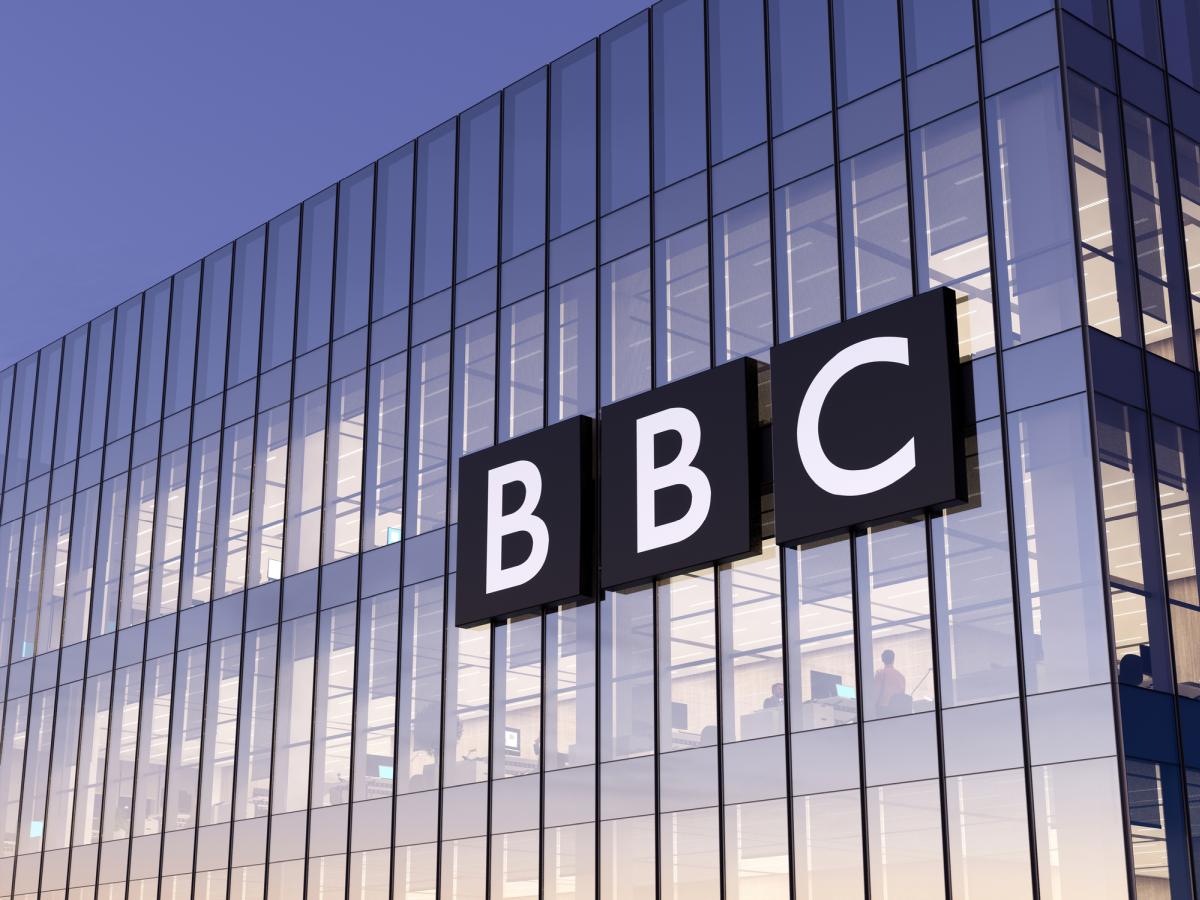
The goal is ambitious but straightforward: make internet streaming almost as fast as traditional broadcast without sacrificing the quality and reliability that viewers expect.
From Small Beginnings to Mass Testing
When the BBC first launched their low latency trial in June, it was deliberately limited.
They started with just three device models – the 3rd generation Amazon Fire TV Stick, 2nd generation Fire TV Stick 4K, and Samsung’s CU8000 and CU8500 TV series.
The trial only covered BBC Two between 9am and 5pm, and was restricted to viewers in England and Scotland who had opted into iPlayer’s beta mode.
This cautious approach made sense. Low latency streaming is technically challenging because it pushes devices closer to the “edge” of what the network can support.
Less buffering means faster streams, but it also means the stream is more vulnerable to network hiccups. The BBC needed to understand how their technology would perform in real homes with real internet connections before scaling up.
According to the BBC, the initial results were encouraging. Performance data showed that the low latency streams were largely comparable to conventional streams in terms of quality and reliability.
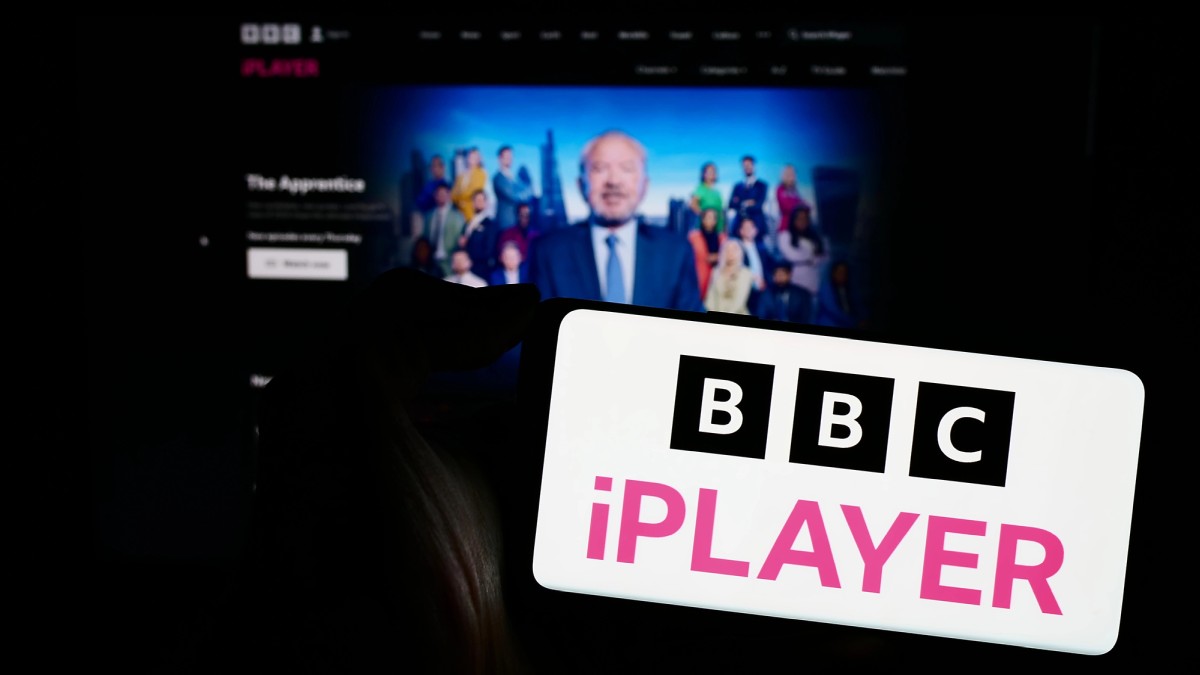
However, the BBC quickly realised that factors like Wi-Fi connectivity, ISP congestion, and variations between different device manufacturers had significant impacts on stream reliability. To really understand how the technology would behave at scale, they needed a much bigger test.
Last week’s expansion represents a major scaling up of the trial. The testing window has been extended from 8am to 10pm – a substantial improvement that covers prime viewing hours.
More importantly, the list of supported devices has exploded from those original three models to hundreds of TVs and streaming devices across virtually every major manufacturer.
Samsung alone now has dozens of supported models, from budget CU7100 series right up to premium QLEDs. LG’s OLED range is included alongside Sony’s premium series, and notably, budget brands like Bush, Toshiba, and Hisense are also supported (you can find the full list here).
Sky’s Earlier Implementation
It’s worth noting that Sky tackled this same problem over a year ago with their Glass and Stream devices. Back in May 2024, Sky introduced low latency mode for Sky Sports Main Event, reducing delays by over 20 seconds compared to standard streaming.
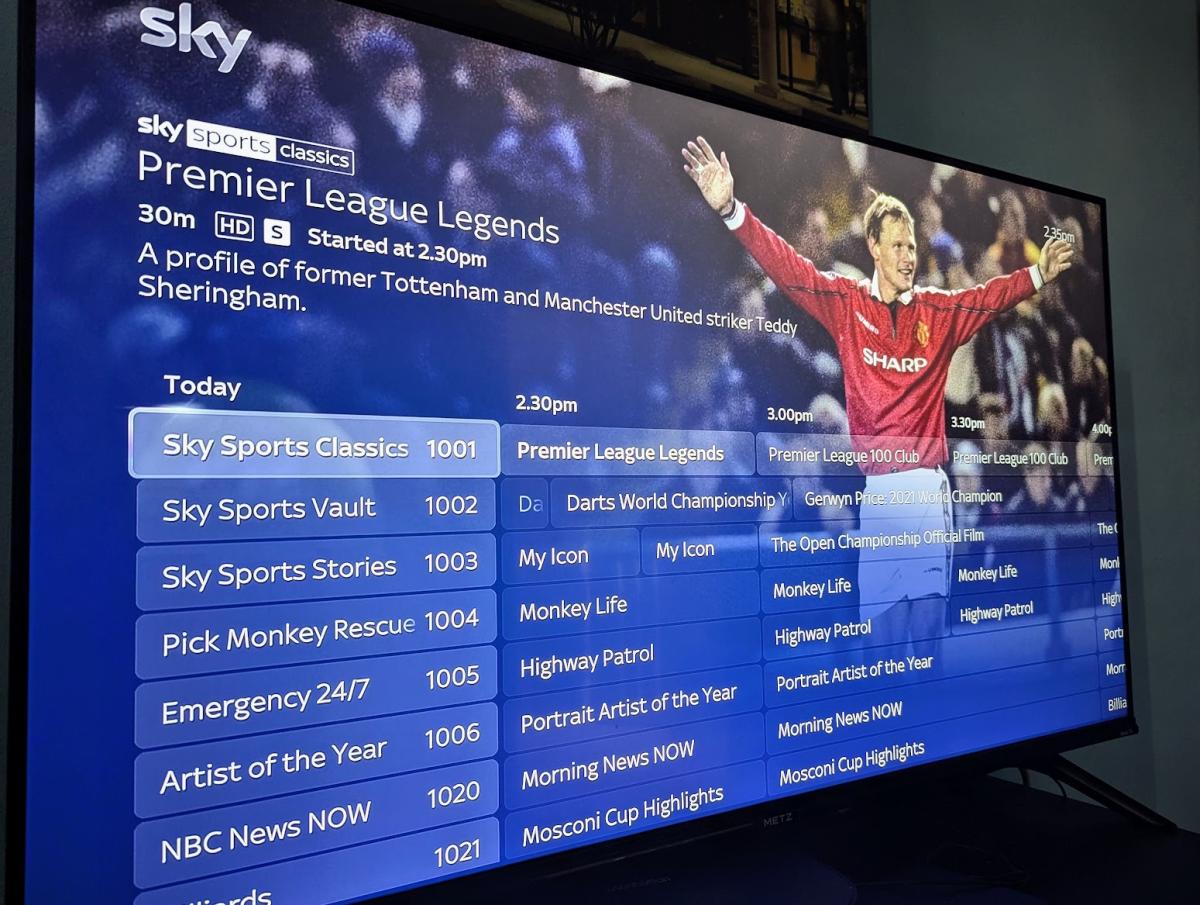
Sky’s advantage is that they have complete control over both the streaming technology and the device implementation, making it easier to optimise performance.
However, this also meant the benefits were only available to Sky customers using Sky’s specific hardware.
The BBC’s trial is potentially more significant because it’s testing across a huge range of manufacturers and device types that people already own.
If successful, it could benefit millions of viewers without requiring them to buy new hardware or switch TV providers. However, it’s also technically more challenging because the BBC has less control over the end-to-end experience.
The Technical Challenges and Solutions
The BBC is using a technology called Low Latency DASH with chunked CMAF segments – essentially a more efficient way of packaging and delivering video data that reduces the time between filming and viewing.
Traditional streaming builds in multiple layers of buffering to ensure smooth playback even when internet connections are inconsistent. Low latency streaming reduces this buffering, but that makes the stream more sensitive to network problems.
The BBC’s solution includes some clever workarounds.
When viewers experience buffering, there are typically two unsatisfactory options: the stream can simply resume where it left off, leaving viewers further behind for the rest of the programme, or it can skip ahead to catch up, meaning viewers miss some of the action.
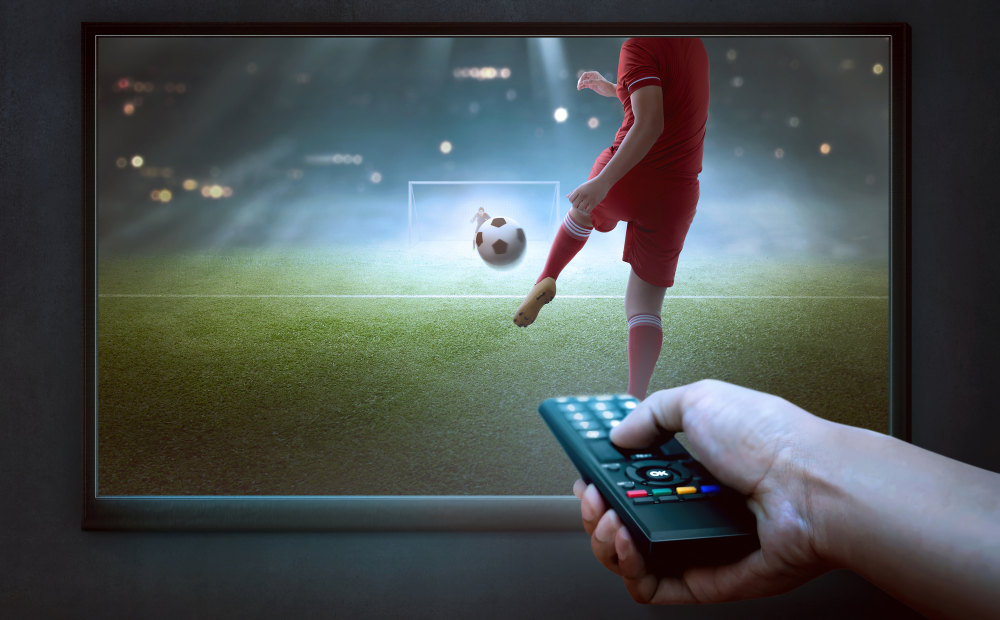
Neither is ideal. Instead, the BBC’s approach allows supported devices to play at a slightly faster speed after a stall, aiming to catch back up to real-time without viewers missing any content or being aware of the speed change.
This occurs automatically and is barely perceptible to viewers, but it requires specific capabilities that not all devices currently support.
The Current Trial and What Comes Next
If you want to try the low-latency streaming for yourself, the process is straightforward enough if you’ve got one of the supported devices:
- Open BBC iPlayer on your TV or streaming device
- Go to Settings
- Turn on “iPlayer beta” mode
- Make sure your location is set to England or Scotland
- Watch BBC Two live between 8am and 10pm
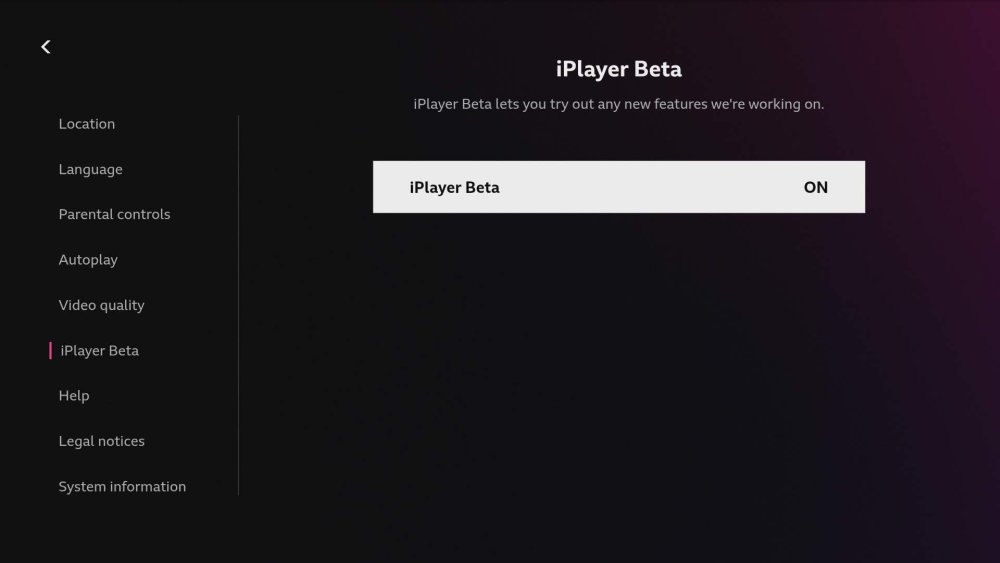
You probably won’t notice any major differences apart from the reduced delay, but if you do experience problems, you can simply turn off beta mode to return to the standard stream.
The BBC expects this expanded phase to run for about a month, though that could be extended depending on the results.
They’re promising to add even more devices as the trial progresses, and the inclusion of budget TV brands suggests they’re committed to broad compatibility rather than just premium devices.
Whether this eventually becomes a standard feature across all of iPlayer will depend largely on the results of this trial. The BBC has been characteristically cautious about making promises, noting that “gradual improvements are more likely” than an immediate transformation of all live streaming.
The ultimate goal isn’t just to match traditional broadcast latency, but to prove that internet streaming can be just as reliable and immediate as the old-fashioned way of watching telly – especially as we’re all slowly moving from terrestrial services like Freeview, to streaming-based platforms like Freely.
For more TV and streaming news, Subscribe to our free newsletter.

Wouldn’t “5G Broadcast” solve this internet streaming problem, and other internet streaming problems too?